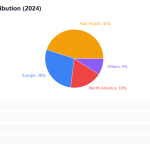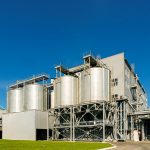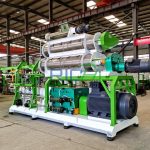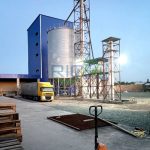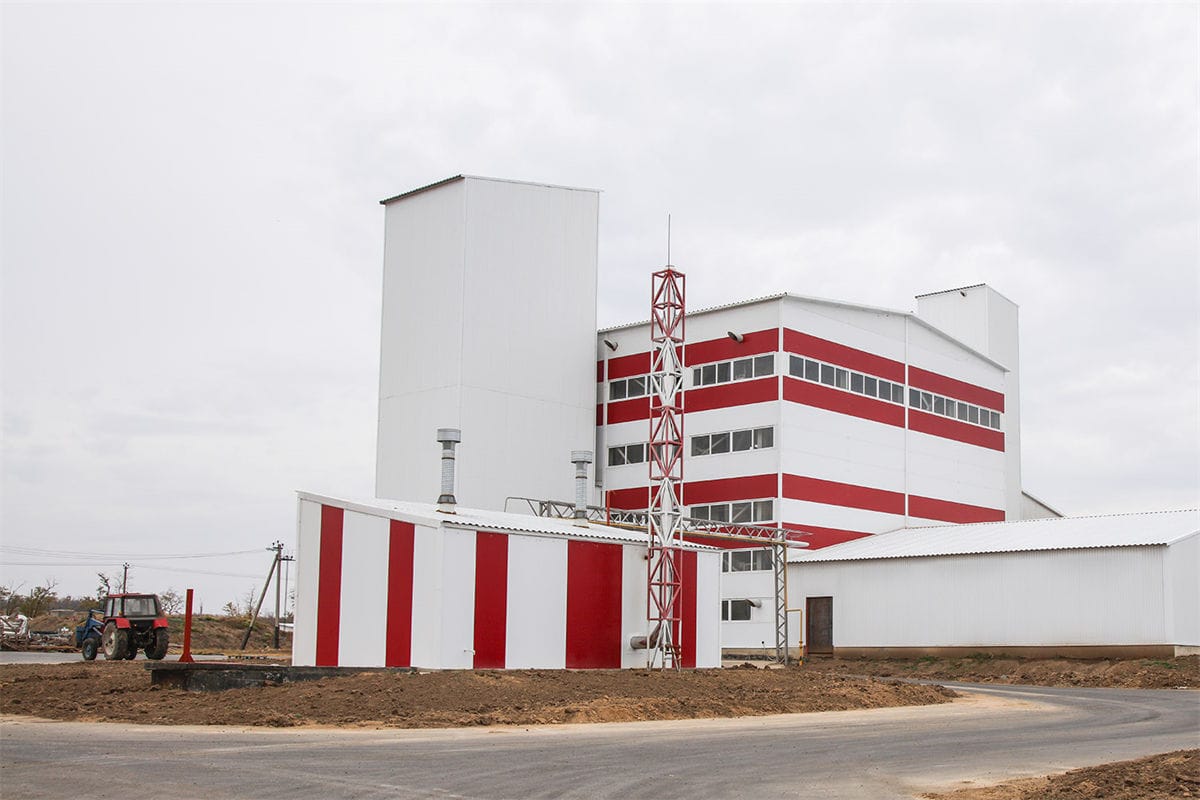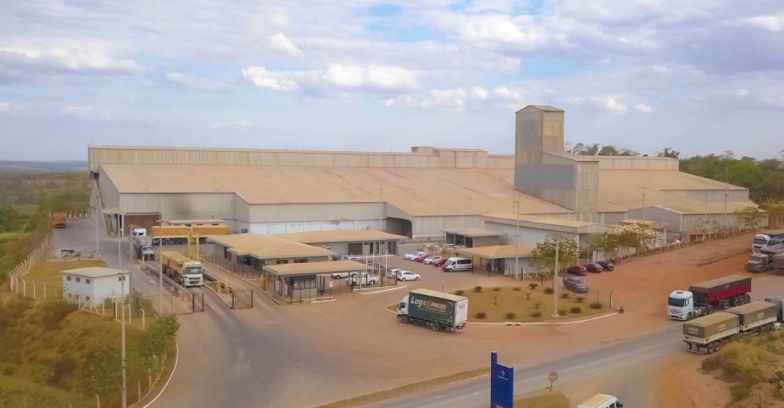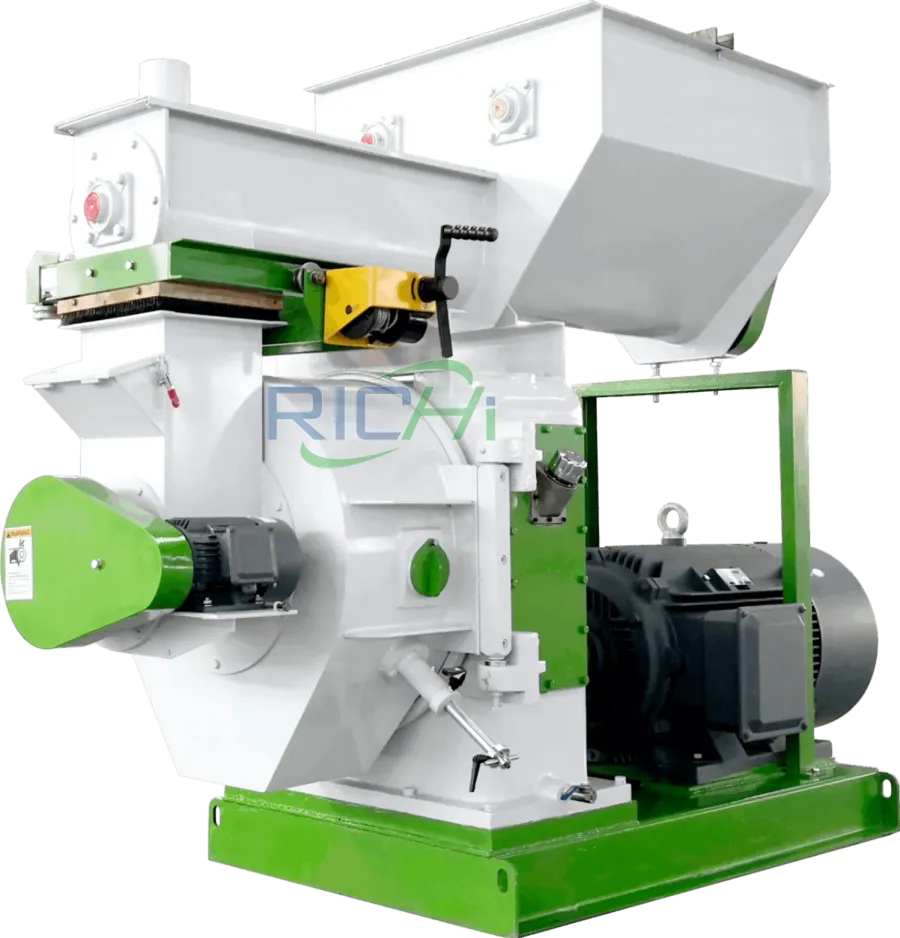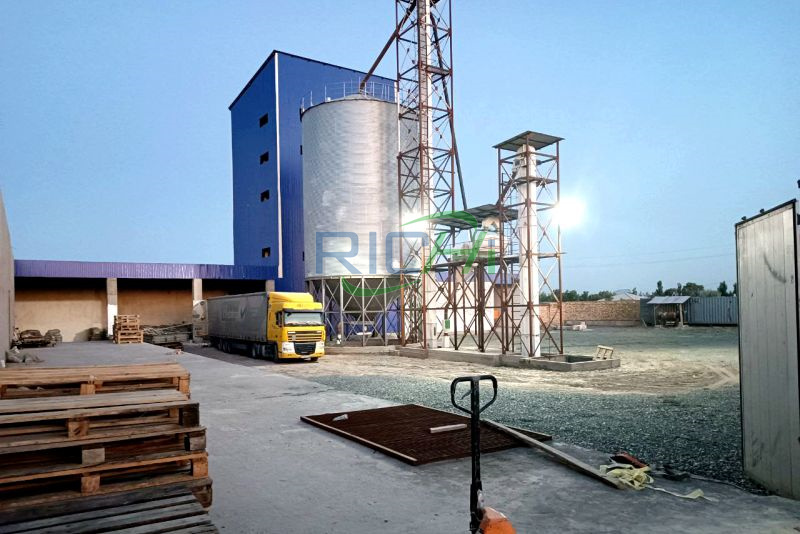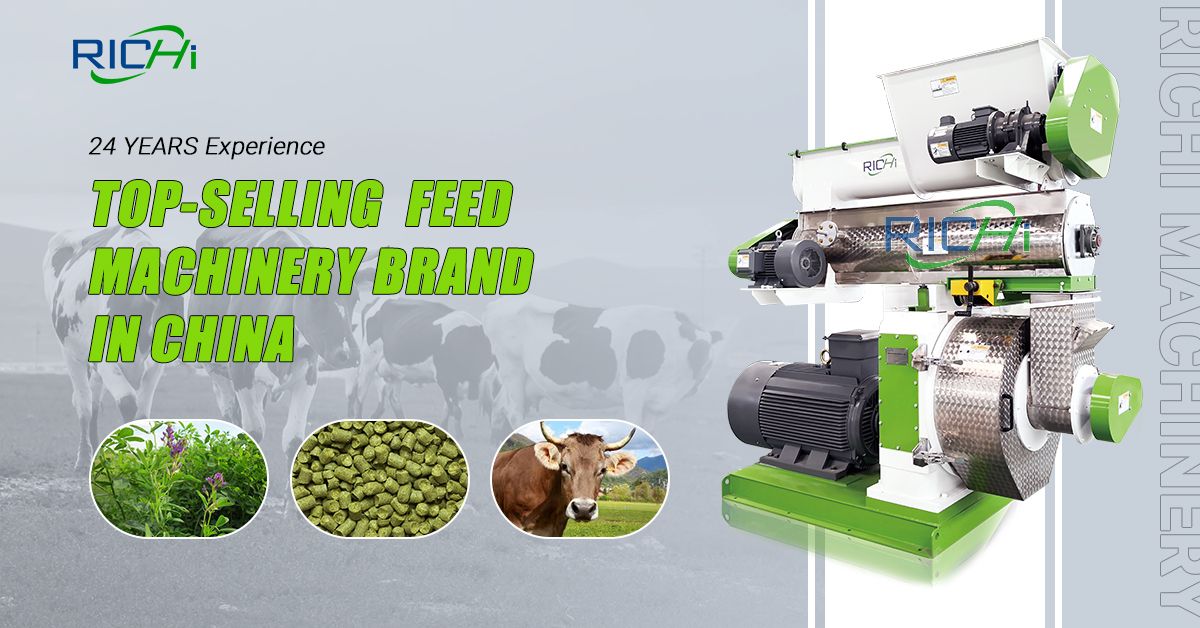The United Arab Emirates (UAE) presents a unique landscape for establishing an animal feed mill, with its arid climate, import-dependent economy, and ambitious agricultural development plans. While the opportunity is significant, there are several critical issues that investors and entrepreneurs must consider when embarking on such a venture. This article explores the key factors that demand attention when building an animal feed mill in the UAE.
1. Climate and Environmental Considerations
The UAE’s harsh desert climate poses significant challenges for feed production and storage:
- Heat and Humidity: Extreme temperatures and high humidity can affect ingredient quality and feed stability. Implementing robust climate control systems in storage and production areas is crucial.
- Water Scarcity: The UAE faces severe water shortages. Designing water-efficient production processes and exploring water recycling technologies is essential.
- Dust Control: Sand and dust are pervasive. Implementing effective dust control measures is vital for equipment longevity and product quality.
- Environmental Regulations: Adhere to the UAE’s increasingly stringent environmental regulations, particularly regarding emissions and waste management.
2. Raw Material Sourcing and Supply Chain Management
The UAE relies heavily on imports for feed ingredients, necessitating careful supply chain planning:
- Import Dependence: Establish reliable international supply chains for key ingredients like corn, soybean meal, and feed additives.
- Port Infrastructure: Leverage the UAE’s well-developed ports for efficient ingredient imports. Consider proximity to ports when selecting the mill location.
- Storage Facilities: Invest in adequate storage facilities to buffer against supply chain disruptions and price fluctuations.
- Local Sourcing Opportunities: Explore possibilities for sourcing some ingredients locally, aligning with the UAE’s food security initiatives.
3. Regulatory Compliance and Certification
Navigating the UAE’s regulatory landscape is crucial for successful operation:
- Feed Regulations: Comply with the UAE’s feed safety regulations and quality standards, which are becoming increasingly aligned with international norms.
- Halal Certification: Consider obtaining Halal certification for feed products, especially if targeting markets in the wider Middle East region.
- Import Permits: Understand and comply with regulations regarding the import of feed ingredients and additives.
- Business Licensing: Navigate the UAE’s business licensing process, which may vary depending on the specific emirate and free zone regulations.
4. Technology and Automation
Embracing advanced technology is key to competitiveness in the UAE market:
- Automation Systems: Implement state-of-the-art automation to optimize production efficiency and consistency in the challenging climate.
- Quality Control Technology: Invest in advanced quality control equipment to ensure product safety and compliance with stringent UAE standards.
- Energy Efficiency: Adopt energy-efficient technologies to reduce operational costs and align with the UAE’s sustainability goals.
- Smart Manufacturing: Consider implementing IoT and data analytics for predictive maintenance and process optimization.
5. Market Dynamics and Product Diversification
Understanding and adapting to the UAE’s unique market is crucial:
- Livestock Profile: Tailor feed formulations to the UAE’s livestock profile, which includes a significant camel population alongside traditional livestock.
- Aquaculture Potential: Consider the growing aquaculture sector in the UAE and the potential for specialized aquafeed production.
- Export Opportunities: Explore opportunities to export to neighboring GCC countries, leveraging the UAE’s strategic location.
- Specialty Feeds: Consider producing specialty feeds for the UAE’s growing equine industry and exotic pet market.
6. Workforce and Skill Development
Addressing human resource challenges is critical in the UAE context:
- Expatriate Workforce: Navigate the UAE’s labor laws regarding expatriate workers, who form the majority of the workforce in many industries.
- Skill Shortages: Address potential shortages of skilled feed mill operators and technicians through comprehensive training programs.
- Emiratization Policies: Be aware of and comply with Emiratization policies that encourage the employment of UAE nationals.
- Cultural Sensitivity: Implement culturally sensitive workplace policies to manage a diverse, multinational workforce effectively.
7. Financial Considerations and Investment Climate
Understanding the financial landscape is crucial for project success:
- Initial Capital Investment: Account for potentially higher initial capital costs due to the need for advanced climate control and automation systems.
- Operating Costs: Factor in higher energy costs for cooling and climate control in financial projections.
- Investment Incentives: Explore investment incentives offered by various UAE free zones and economic development initiatives.
- Currency Considerations: Manage currency risks, as feed ingredients are typically traded in US dollars while local sales may be in UAE dirhams.
8. Sustainability and Corporate Social Responsibility
Aligning with the UAE’s sustainability vision is increasingly important:
- Sustainable Practices: Implement sustainable production practices to align with the UAE’s Vision 2021 and broader sustainability goals.
- Waste Management: Develop effective strategies for managing and potentially valorizing feed production waste.
- Carbon Footprint: Consider ways to reduce the carbon footprint of operations, potentially through renewable energy integration.
- Community Engagement: Develop corporate social responsibility initiatives that resonate with local communities and government priorities.
9. Research and Development
Investing in R&D is crucial for long-term success in the UAE market:
- Local Feed Trials: Conduct feed trials under local conditions to optimize formulations for the UAE’s unique climate and livestock breeds.
- Alternative Ingredients: Research alternative, locally-sourced ingredients that could reduce import dependence and production costs.
- Collaboration Opportunities: Explore collaboration possibilities with UAE universities and research institutions focused on agricultural development.
10. Logistics and Distribution
Efficient logistics are critical in the UAE’s geographically dispersed market:
- Transportation Infrastructure: Leverage the UAE’s well-developed road network for efficient distribution.
- Cold Chain Management: Implement robust cold chain management for heat-sensitive feed additives.
- Regional Distribution Hubs: Consider establishing regional distribution hubs to serve the entire UAE and potentially neighboring countries.
In conclusion, building an animal feed production line in the UAE presents both unique challenges and significant opportunities. By carefully addressing these key issues – from climate considerations and raw material sourcing to regulatory compliance and market dynamics – investors can position themselves for success in this dynamic market. The UAE’s commitment to food security and agricultural development, combined with its strategic location and advanced infrastructure, makes it an attractive destination for feed mill investment, provided these critical factors are thoughtfully addressed.
